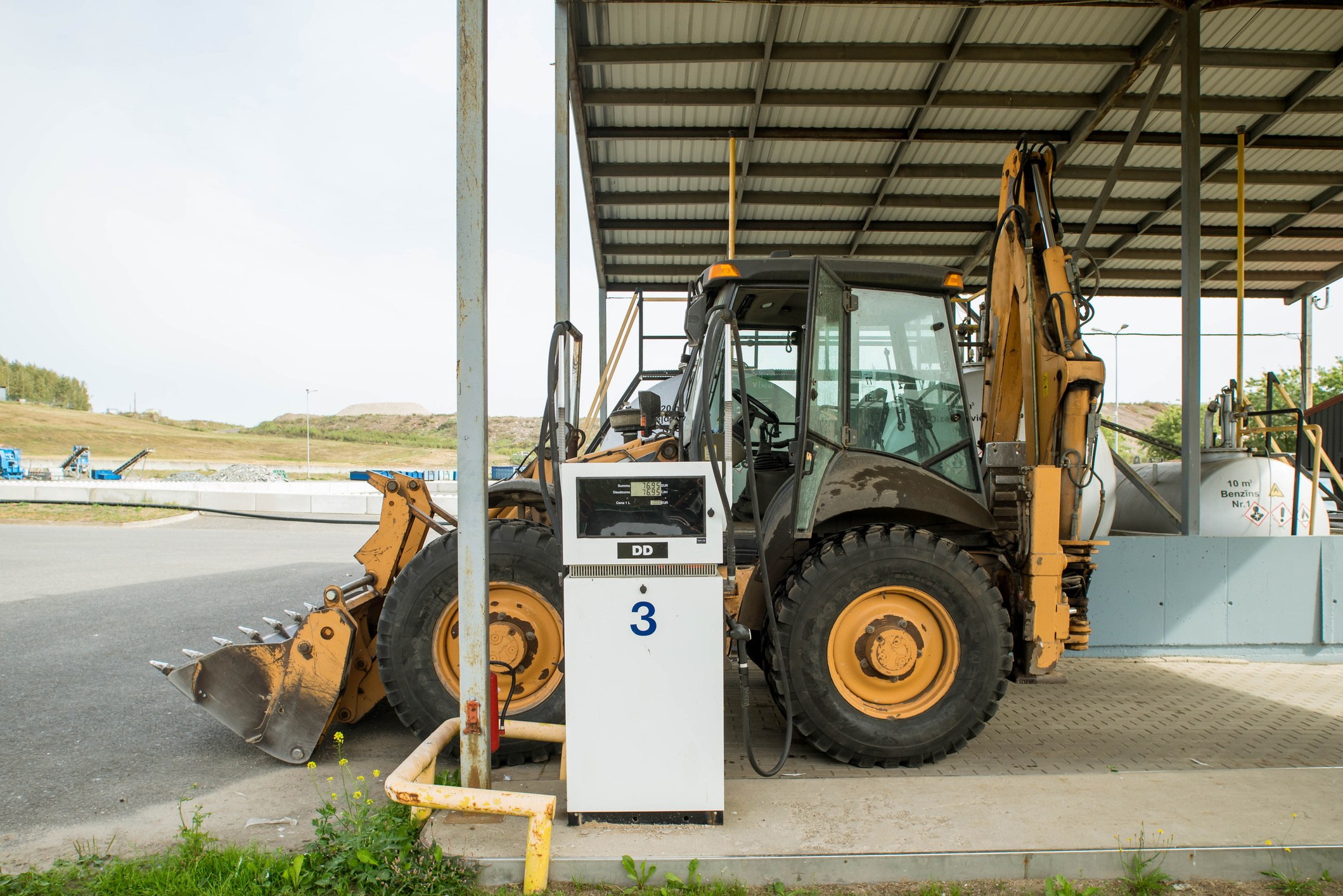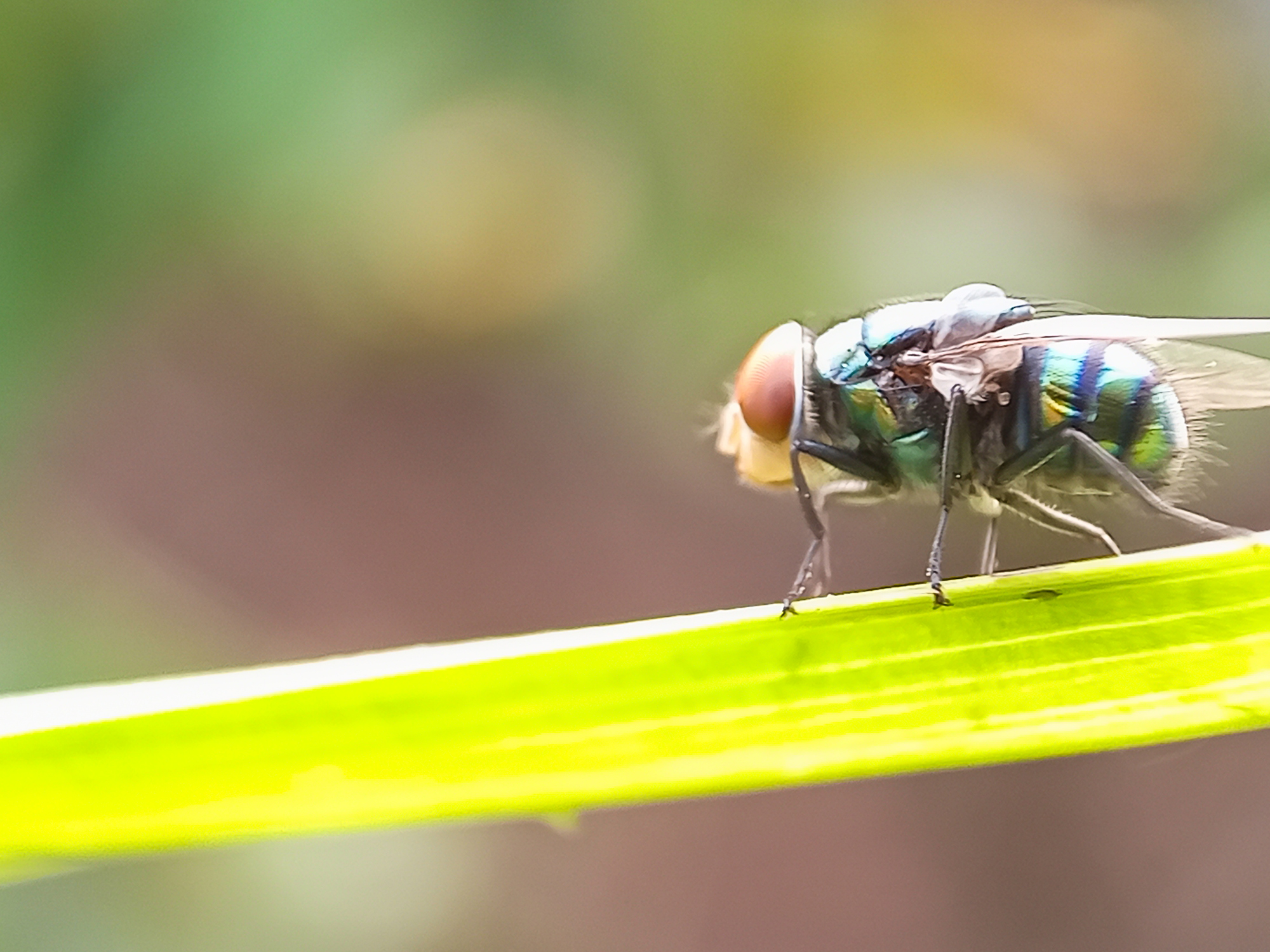The adage, “you’ve got to stand for something, or you’ll fall for anything” may come back to haunt farmers and ranchers in Washington state who stood for getting all their Climate Commitment Act taxes returned instead of some of their taxes returned.
When the CCA was implemented, it was clear food producers and transporters, both of whom were supposed to be exempt from the fuel tax, were still paying fuel taxes both at the pump and when bulk deliveries were being made to their farms and ranches. While the Washington State Department of Ecology, the agency tasked with coming up finding a solution to the problem chose to ignore the issue, stakeholders and the Washington State Department of Licensing did not.
A rebate program was implemented through the DOL, with rebates of up to $4,500, or $0.45/gal for up to 10,000 gallons of fuel purchased, to our food producers and transporters being issued. During this year’s budget cycle, legislators voted nearly unanimously to approve ESSHB 1912, a bipartisan bill to fix the issues with the CCA for agriculture. The bill included a provision to continue funding the DOL rebate program at $3 million annually for any food producers and transporters who might fall through the cracks in the legislation.
The majority party opted not to fund the rebate program in its final budget.
Despite the original rebate program being available with a “use it or lose it” caveat for more than a year, many food producers and transporters balked at going through the application process claiming the $4,500 cap on the rebate wasn’t enough to “make them whole.”
The rebate program officially stopped taking applications June 2 and closed June 30, the end of the state’s fiscal year. So, rather than having an opportunity to get some of their money back from the state, food producers and transporters who chose not to apply for the rebate, have abandoned their money to CCA coffers.
The original rebate program was allocated $28 million in CCA taxes to fund rebates, in part based on claims made during legislative work sessions and testimony. Some estimates suggested food producers and transporters had paid upwards of $150 million in CCA taxes in the first year of its implementation. However, without a firm reporting mechanism in place, there is no way to be certain of the data. The state estimates more than $20 million of the original allocation remain in the pot.
The failure of ending the program is twofold.
Our state’s food producers and transporters were exempted from paying the CCA tax, by law, and should not be asked to bear the burden of more than two years of fumbling by state officials. Washington state just passed the largest budget increase in state history, a year-over-year increase that funds social concerns in favor of ensuring our businesses remain in place to support their communities. The removal of $3 million of their own money to keep a fund solvent for another year, giving people an opportunity to recoup their expenses is just another kick to our food producers and transporters.
Leaving more than half the rebate program money on the table, on the other hand, is something food producers and transporters are culpable in, too. It is not often any part of Washington state government returns funds collected from taxpayers. While some felt it was a “slap in the face” to not get all their taxes returned, some rebate requests were denied because transporters were classified as “commercial” rather than “agricultural.” Just as with any government program people choose to participate in, persistence mattered with the rebate program. Taking the steps necessary to work with Licensing employees to get money returned was part of the deal. Now, there is no time left for the producers and transporters who chose to hold out in an “all or nothing” position.
Washington state needs to do better for its food producers and transporters. Food producers and transporters need to do better for Washington state. Agriculture is a non-partisan topic that should inspire partnerships across all agencies and chambers. But partnerships are a two-way street and require trust. It is time to start building trust and moving toward real partnerships for the betterment of the state and our farm community.




